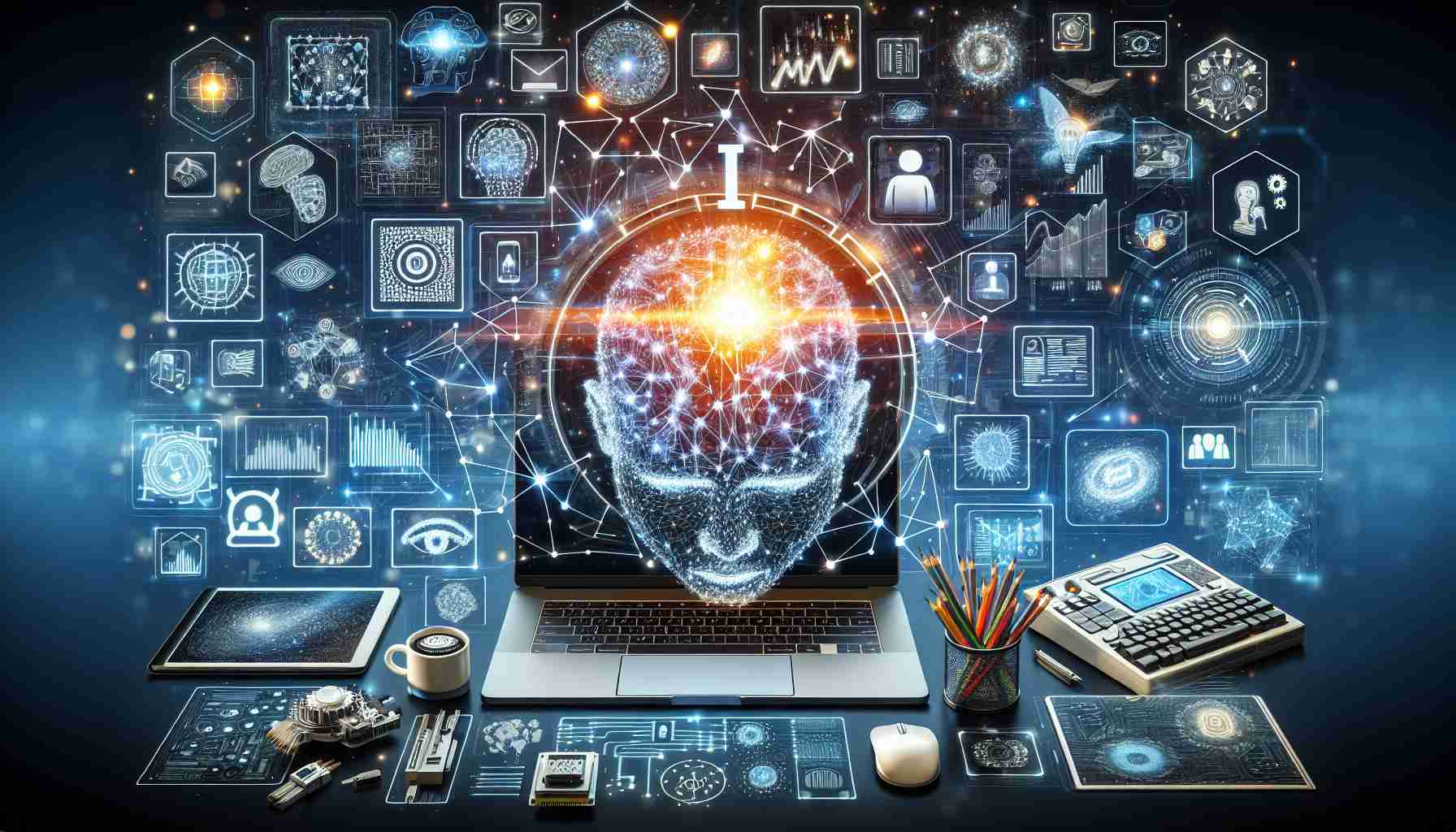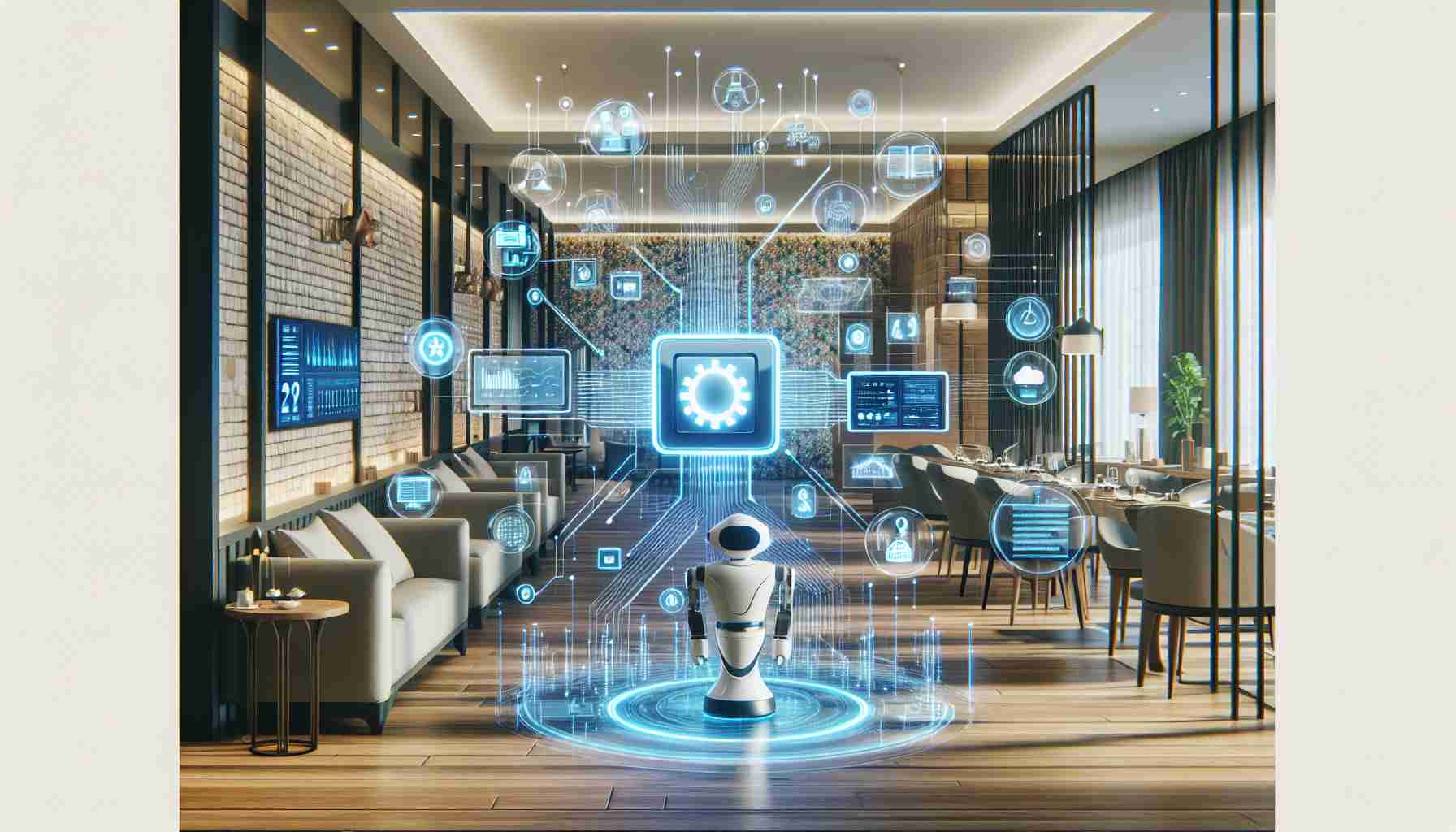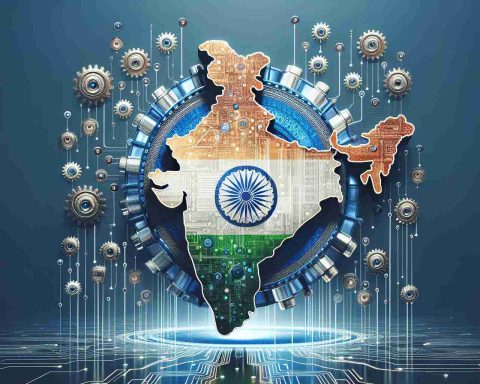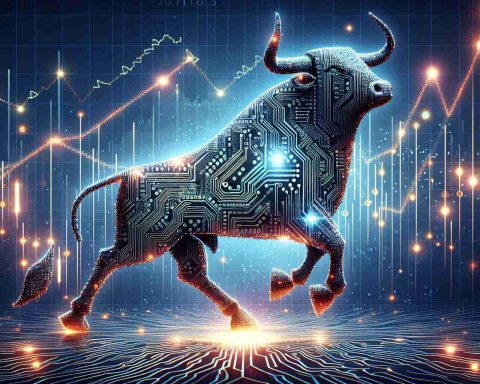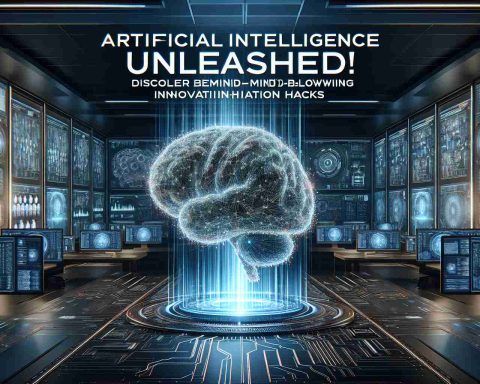Artificial Intelligence (AI) continues to transform various sectors, from healthcare to finance, but “Artificial Intelligence 2.0” heralds a new era with crucial advancements that promise to redefine our interaction with technology. This term captures the emerging phase where AI systems are not only becoming smarter but more intuitive, adaptable, and autonomous.
Artificial Intelligence 2.0 signifies a shift towards more integrated systems capable of understanding context, learning from fewer examples, and making more accurate decisions. One of the key components is the incorporation of explainability. Unlike earlier models that functioned as “black boxes,” AI 2.0 systems aim to provide rational explanations for their decisions, increasing user trust and making AI solutions more transparent.
Another hallmark of this transformation is the emphasis on edge computing, which allows data processing to happen closer to the data source rather than relying solely on centralized data centers. This upgrade addresses latency issues and enhances real-time processing capabilities, crucial for applications in autonomous vehicles and smart homes.
Furthermore, AI 2.0 integrates advances in machine learning techniques, such as reinforcement learning, which enables systems to improve through trial and error rather than relying solely on programmed instructions. This allows for more robust and adaptive AI solutions suited to dynamic environments.
As AI transcends into its 2.0 phase, the convergence of improved computational power, intelligent algorithms, and comprehensive data will drive innovative applications, making AI a more intrinsic part of our daily lives. It’s an exciting time where the potential of AI to augment human capabilities is only beginning to be realized.
How AI 2.0 Reshapes the Workforce: Opportunities and Concerns
The emergence of Artificial Intelligence 2.0 has profound implications for the workforce, bringing new opportunities alongside challenges and controversies. As AI systems become more integrated and autonomous, they transform job roles and demand new skill sets, impacting industries and communities worldwide.
Impact on Employment: AI 2.0 holds the potential to revolutionize not only specialized fields but also everyday tasks. Roles in data analysis, software engineering, and cybersecurity may evolve to focus more on creative problem-solving and strategic planning, assisted by AI’s processing power. Conversely, certain routine jobs could face displacement, prompting the need for reskilling programs to prepare workers for the changing landscape.
Inclusive Innovation or Widening Gaps?: A significant concern is the digital divide. As AI 2.0 systems require substantial resources for deployment, there’s a risk that only affluent societies will harness these benefits, potentially exacerbating global inequalities. Efforts to ensure equitable access to AI technologies are crucial to prevent a widening gap between developed and developing nations.
Ethical Considerations: With AI 2.0’s ability to provide explainable and autonomous decisions, ethical dilemmas arise regarding privacy, bias, and accountability. Transparent AI could enhance decision-making, but it also necessitates robust frameworks to manage personal data and minimize biases inherent in AI systems.
Engaging with AI 2.0 Resources: How can you learn more about these impacts? Explore educational resources and policy discussions around AI’s economic influence through trusted educational platforms like Coursera or industry leaders such as IBM.
AI 2.0 promises immense potential, but its integration demands careful deliberation and proactive measures to ensure it benefits society broadly and equitably.
